Importance of Vulnerability in Leadership
By Kimberly Kafafian
I cry at work but I tried to hide it for the first 20+ years of my career. Happy, mad, and sad things will make me cry. I cried when I had to lay off a friend. I cried when the project I worked on for 6-months was terminated without my input. I cried when a coworker discovered she was pregnant after years of trying. Not only have I come to accept my vulnerability, I view it as one of my greatest assets now. Vulnerability leads to trust and greater interpersonal connections, but not all leaders feel the same.
I recently read an interview with the former co-CEO of Chipotle, Monty Moran, who helped the company succeed by leading with a people-first business model. He was promoting his book “Love is Free. Guac is Extra.” Although the title is catchy, it’s the book’s tagline that caught my eye: “How vulnerability, empowerment and curiosity built an unstoppable team.” This tagline and the ideas Moran shared in the interview truly resonated with me, particularly in today’s workplace landscape: Vulnerability. Gratitude. Curiosity. And yes, love.
As an HR professional, I’m tasked with helping to foster a culture of engagement to attract and retain the right talent so the organization can thrive and grow. To that end, I design, measure and evaluate proactive workplace policies and practices, as well as provide executive coaching to enhance leader/employee relationships. One of the leadership practices I stress most to my clients is leading with vulnerability because as renowned sociologist Brene Brown aptly notes, “vulnerability is the birthplace of innovation, creativity, and change” – the foundation for an organization’s success.
Leading with vulnerability is actually a very powerful way to connect with team members. Leaders that share their weaknesses with their teams are seen as authentic. The simple act of acknowledging struggles encourages an openness and culture of trust that empowers employees, fosters innovation and enhances productivity. Why? Because when leaders are genuine, team members can identify with, and respect, them.
“The only way to care for someone is to know them and value them and come to understand them. And in order to do all that, you’ve got to access your actual self; you’ve got to stop, be present and actually allow yourself to understand them,” said Moran. “And that means you’ve got to be authentic. You’ve got to be vulnerable. You’ve got to bring yourself to the meeting with them. You can’t just be checking a box.”
But what does vulnerability in leadership really mean?
Being vulnerable to your workforce doesn’t mean that you need to bear your soul and share your deepest secrets. It just means understanding your strengths and weaknesses, letting your guard down, and being honest about them with your team.
Being vulnerable brings many benefits
When you’re authentic, you’ll start to see the benefits being genuine brings, such as:
- Enhanced connectivity with your team
- Greater innovation because of a culture where team members are more open to taking risks
- Decreased tension
- Ability to identify issues more quickly
- Increased collaboration
- Reduced turnover
How to lead with vulnerability
On board with the concept but unsure how to put it into practice? Here are a few ways to be a more vulnerable leader:
- Confront your own self-doubts
- Actively listen to other people’s ideas
- Worry less about saying the wrong thing
- Don’t be afraid of not having all the answers all the time, ask for help when you need it
- Be authentic – people will know when you aren’t
- Take responsibility for your mistakes
Simply said, leading with vulnerability builds a culture of trust. This empowers the workforce, which, in turn, benefits the organization overall.
 En Español
En Español








